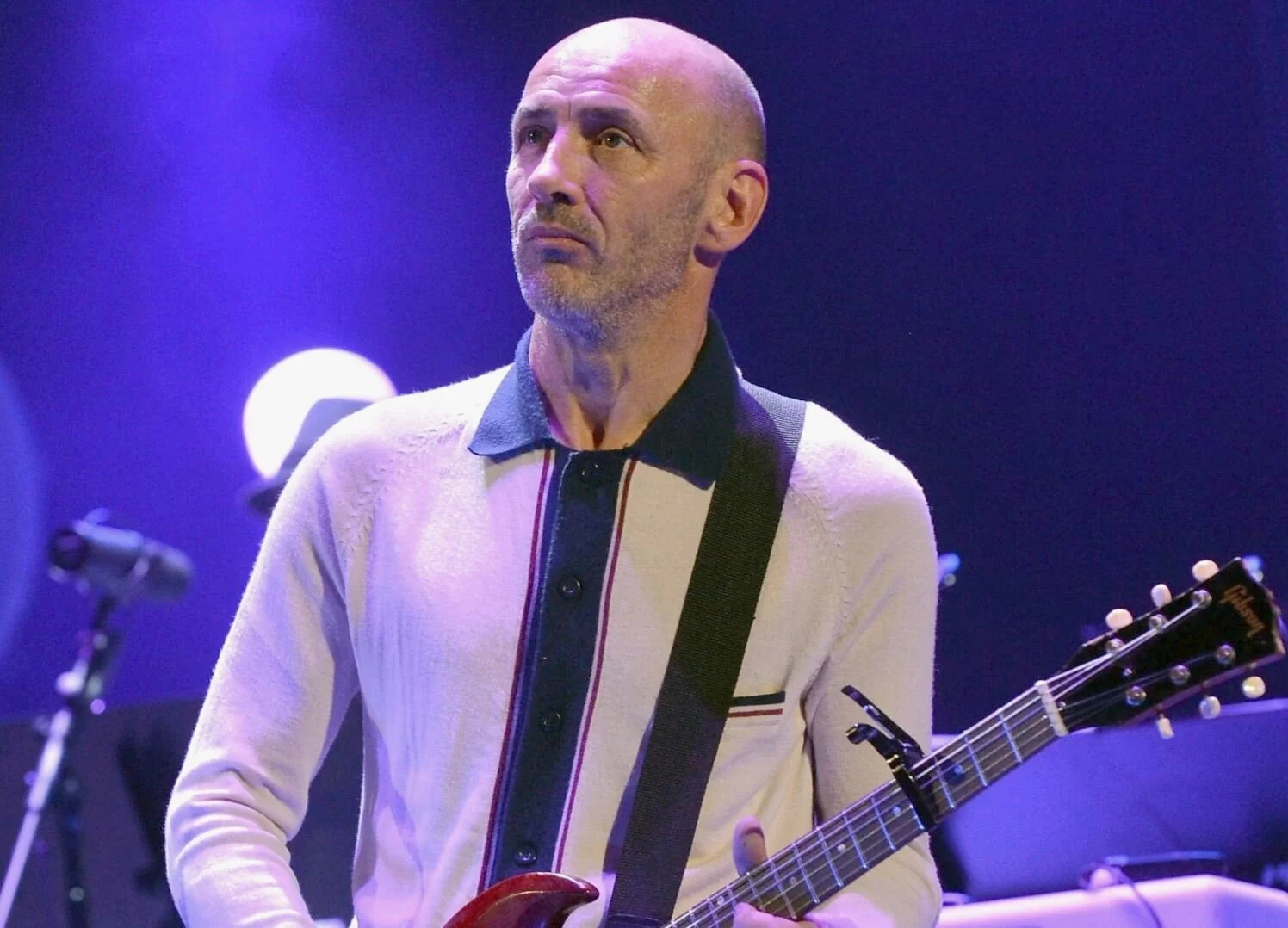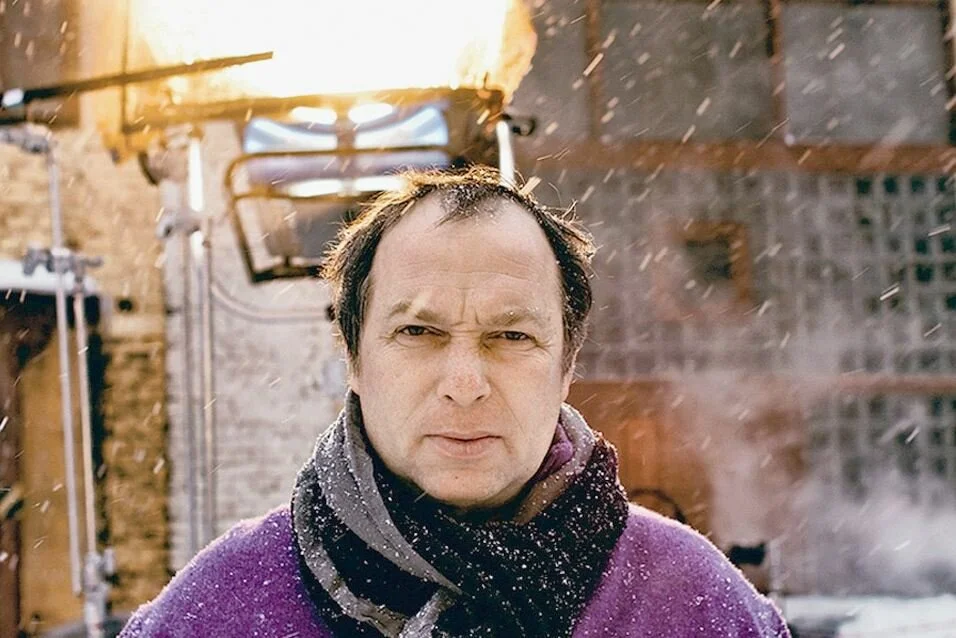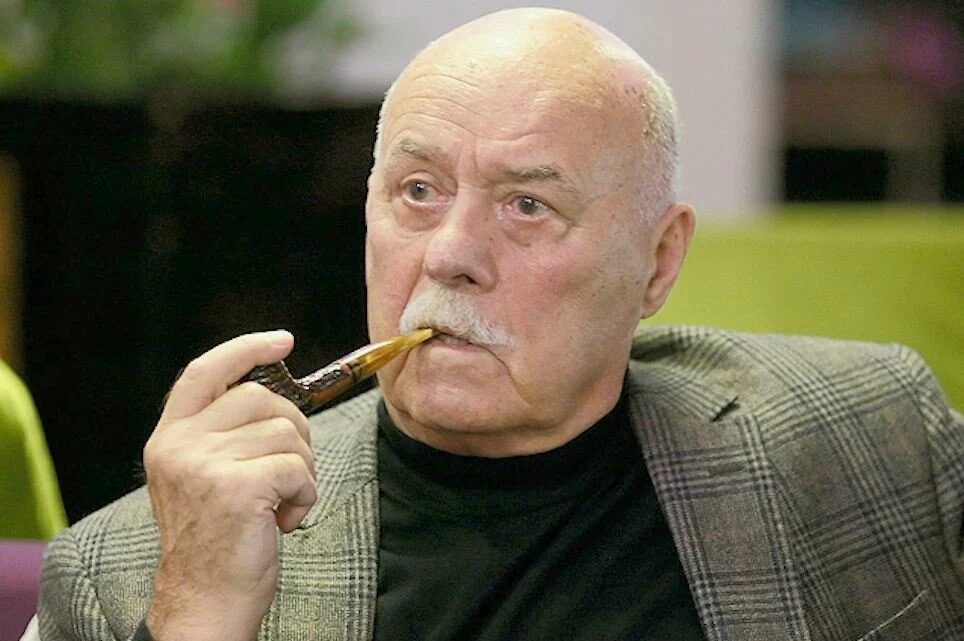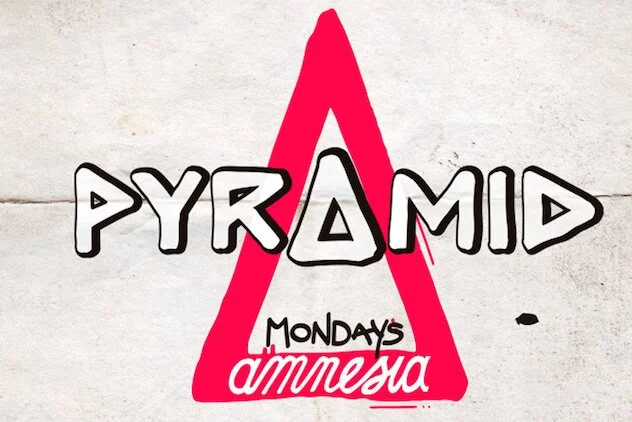Learn the background and the context before listening. Ask yourself a few questions:
1) What did the composer try to achieve in this work?
2) When and where was this song written?
3) What other events occurred at the same time in the same place?
This will completely change your perception of classical music. Many compositions are multifaceted, and without prior knowledge of history and traditions, only the most superficial elements will be immediately understood. This superficial understanding can be already enjoyable, but just imagine how much better it would be if you saw the whole picture! Composers spend a huge amount of time and energy to make their work really deep, interesting and multifaceted. They try to connect their works with other musical compositions, art, literature, philosophy, society, culture, as well as comment on the world around them – it’s silly to ignore it all.
Today, for most classical songs, the answers to these questions can easily be found on the Internet. Classic archives and Wikipedia are ideal resources to start. Also symphony orchestras and publishing companies download online programs (libretto). Often, these programs are written by a composer, music director, critic or some other specialist, and briefly report everything you need to know. In addition, the BBC released a number of good documentaries about the life and work of several famous classical composers. They definitely worth a look – even if you are not going to the philharmonic society.
Classical music, from solo performances and chamber ensembles to symphony orchestras and opera performances, is the best way to get some kind of joint experience. Conductors, composers and musicologists often perform concerts with speeches or lectures. Make sure that you arrive early to get an opportunity to listen to them, as these performances are extremely useful. In fact, novice listeners who are just trying to get into the genre often say that they get much more pleasure from the concerts after they listen to the speech of experts about the program.
Watch the movements and gestures of the conductor and musicians. They have been honing their art for decades, and it’s amazing how they are able to turn small black dots into papers into expressive narratives.
After the concert, try a little wander and chat with the musicians. Try to ask them any questions: which part of the concert is their favorite? What was the most difficult passage to learn?
It’s convenient to do with a friend, but even if you went to a concert alone, do not hesitate to start conversations with other visitors. Form your own opinion and discuss. Many classical works are intended for reflection and discussion, but, of course, not during performance!
Look for those who are already well versed in classical music, and ask them for recommendations.
Classical music includes thousands of different composers who have worked for hundreds of years. The difference between them can be huge, and it can be very difficult to “switch” from one composer to another. Talk to people who know more than you, ask them to introduce you to music that you have not encountered yet. Listen to their recommendations.
As for contemporary composers, it’s a little more difficult to recommend them if you do not know someone’s specific preferences. As before, now live thousands of composers, writing in different (sometimes even opposite) styles. Our advice is to listen as much as possible to music with different aesthetics created by figures that are large in the music world. Right now, keep an eye on those you listen to, but also be sure that you will be able to apply to unknown composers. The musical taste is not carved in stone, and yours will certainly change with time.



